New Delhi: The Election Commission of India (ECI) has asked political parties and their leaders not to use “derogatory words” in public speeches about people with disabilities.
The ECI stated that the use of such semantics in speeches/campaigns by members of any political party or their candidates can be interpreted as an insult to people with disabilities. It stated that PwDs should have access to their public speeches, campaigns, and other activities, as well as their websites and social media.
It additionally urged parties to provide a disability training module to their workers and to include more people with disabilities as party workers and members.
“Common examples of ableist language are words like dumb(gunga), retarded (pagal, sirphira), blind (andha, kana), deaf (behra), lame (langda, lula, apahij) etc. It is necessary to avoid usage of such derogatory language,” the election body added.
Blindness, low vision, deafness, locomotor disability, intellectual disability, and other appropriate terms for disabilities are defined in the Rights of Persons with Disabilities Act of 2016.
The ECI also issued a set of guidelines for political parties to follow in order to “promote inclusivity and respect” for people with disabilities (PwDs).
According to the guidelines, parties are not to use derogatory language towards people with disabilities and must ensure that their websites, social media, speeches, and other materials are accessible to people with disabilities.
The guidelines instruct parties and their representatives to avoid using terms related to disability or disabled people in the context of human incapacity or in a way that is “offensive or perpetuates stereotypes.”
According to ECI, violating these guidelines could result in a five-year prison sentence under Section 92 of the Rights of Persons with Disabilities Act of 2016.
Parties must also “ensure and declare on their website that they will use disability & gender-sensitive language and etiquette as well as respect inherent human equality, equity, dignity and autonomy.”



Comments are closed.